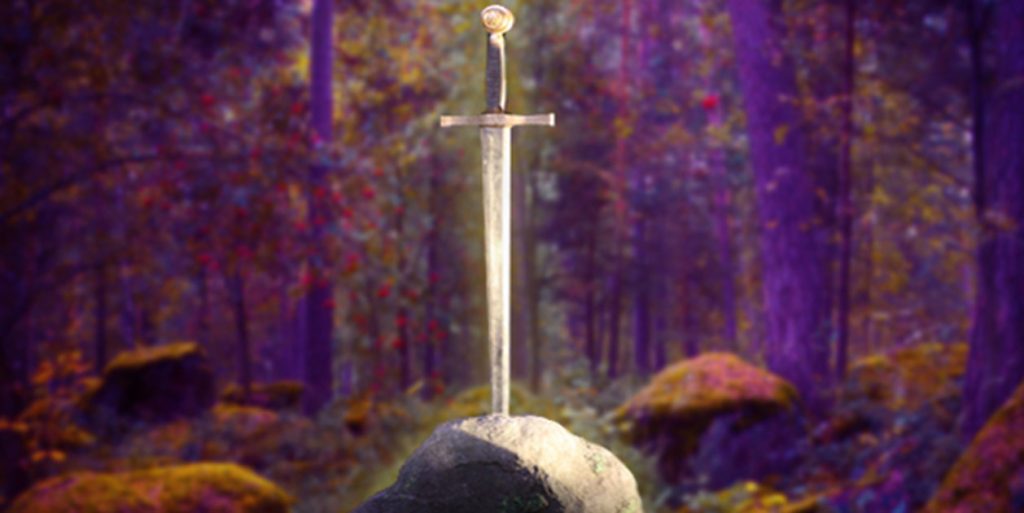The Samurai are potentially the most well known hero families on the planet. Impressive, serious and reflective in way and way of life the same, they partook in a profoundly predominant economic wellbeing for almost two centuries. What could compromise a fighter class too regarded and strong as the Samurai? It might appear to be shocking, yet the power that removed the Samurai’s power from them was nothing other than the decay destroying the 21st century psyche and society – legislative issues. In 1876, the Meiji government – then, at that point, in power in Japan – gave a proclamation called the Haitorei declaration. This disallowed the conveying of swords by everybody, with the exception of the military and policing. Clearly, it did not end up being not difficult to isolate the samurai from his sword. The samurais kept on conveying swords, then again, actually they did as such in camouflage. Instead of camouflaging themselves, they simply masked the sword as a stick put together with wood or bamboo.

The blemishes of wood and the standard joints in bamboo empowered the samurai to make joints and add buttons to casings made from these materials, without taking a chance with moment revelation by passers-by or regulation authorities. These hidden swords were not indistinguishable from the customary swords the Japanese conveyed. To fit inside a bamboo sheathas the greater part of them were, the sharp edges should have been straight – Much straighter than a surprising katana arcing its direction across a holder on the back. From an external perspective, a hidden bamboo-stick sword truly needed to seem to be a mobile stick being conveyed by any honorable man. The stick swords accordingly made were of less quality than the conventional Katana and Wakizashi – the long and short swords, separately, conveyed by the samurai whenever they were allowed to convey weapons. Nonetheless, one man – but fictitious – has become well known for his capacity to use the stick sword, notwithstanding his visual impairment.
Zatoichi is a person from Kan Shimozawa’s books. Visually impaired and a masseur, he is viewed as somebody totally innocuous by the people who have not seen his unpredictable swordplay. Remember here that visually impaired individuals in Japan were treated as though they had been reviled by God, or, in other words they were dealt with more terrible than soil. Accordingly, the starting points of his amazing katana zoro enma abilities are doubly strange as though leaving them concealed all through the book was not anticipation inciting enough. In shoptalk, blind men would be alluded to as Zato. In this way, Zatoichi emerges to actually imply forlorn, pleased Ichi. Other than this, Za means ace, to for sword, and chi for one. From here, Zatoichi’s name arises to actually imply Expert of the Principal Sword. The division between the visually impaired masseur and talented sword master is investigated delightfully in the film adaptations of Zatoichi, so make a point to watch them any day you want to enter the universe of Samurai Japan.

